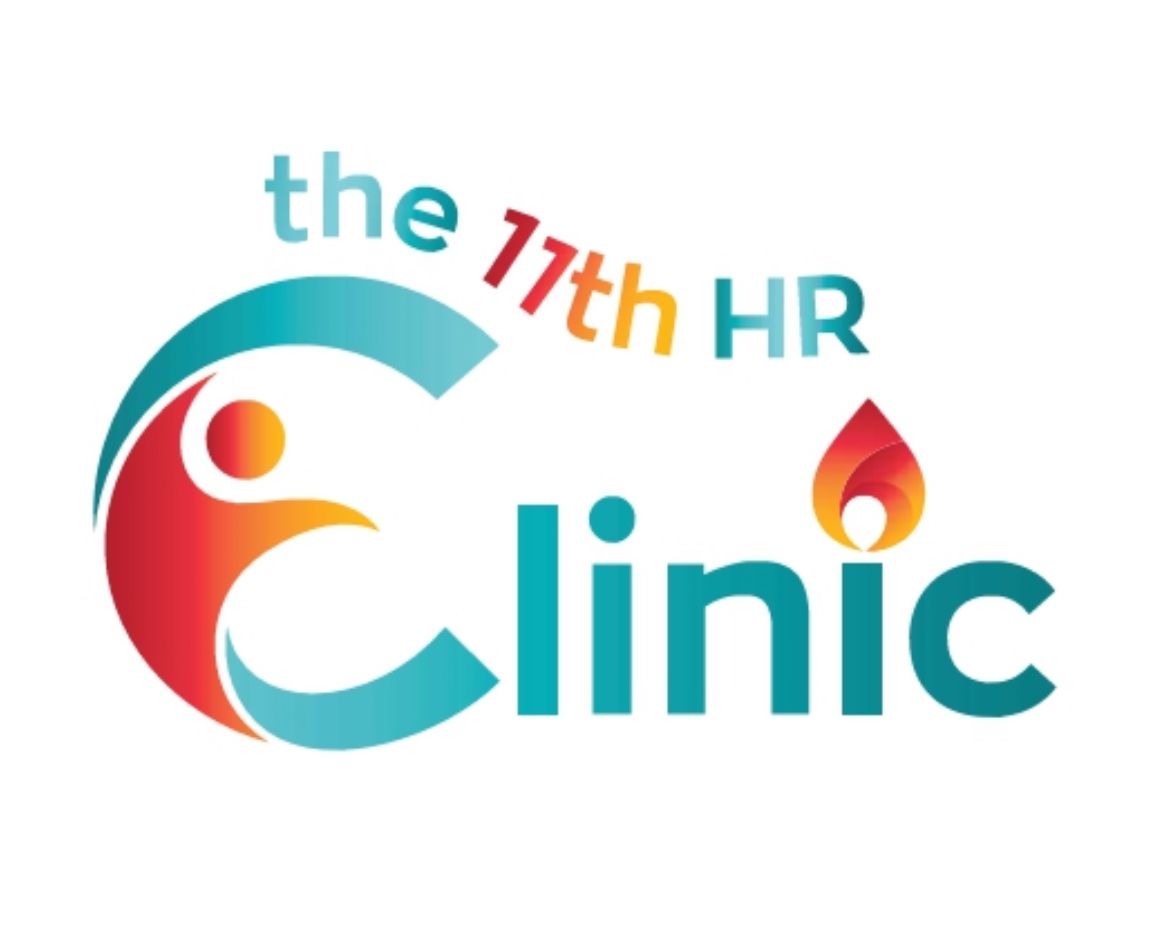Biofeedback: A Pathway to Healing Trauma
Harnessing the Power of Mind-Body Connection to Support Trauma Recovery
Trauma whether from personal crises, chronic stress, or catastrophic events can deeply affect the nervous system, often leading to long-term psychological and physical challenges. While traditional clinical psychotherapy remains foundational, biofeedback has emerged as a powerful, evidence-based tool to help individuals regulate their physiological responses and support holistic recovery.
What Is Biofeedback?
Biofeedback is a non-invasive therapeutic technique that teaches individuals to control bodily processes that are typically automatic such as heart rate, muscle tension, and brainwave activity by using real-time feedback from monitoring devices (Schwartz & Andrasik, 2017). The goal is to promote self-regulation, enhance awareness of bodily states, and improve emotional and physical health. In the context of trauma recovery, biofeedback helps retrain the brain and body to respond more adaptively to stressors, reducing the heightened arousal and dysregulation common in trauma survivors.
How Biofeedback Supports Trauma Healing
1. Regulation of the Autonomic Nervous System
Trauma often disrupts the autonomic nervous system (ANS), leaving individuals in a chronic state of hyperarousal or shutdown. Heart rate variability (HRV) biofeedback has been shown to restore ANS balance, reduce anxiety, and enhance emotional regulation (Gevirtz & Dalenberg, 2008). By improving HRV, individuals learn to transition from states of fight-or-flight to calm and focused awareness.
2. Improved Emotional Processing through Neurofeedback
Neurofeedback, a form of biofeedback targeting brainwave activity, can address disrupted neural pathways associated with trauma. Studies have demonstrated that neurofeedback enhances brain function related to emotional regulation and attention, helping individuals feel more stable and in control (Panisch & Hai, 2024). For many, this results in fewer symptoms of PTSD and a greater sense of agency.
3. Better Sleep and Stress Reduction
Insomnia and sleep disturbances are common among trauma survivors. Biofeedback, particularly HRV training, has been linked to improved sleep quality and reduced nighttime arousal (Frank et al., 2010). As sleep is essential for emotional regulation and memory consolidation, these improvements significantly enhance trauma recovery outcomes.
4. Cognitive Benefits
Trauma often impairs executive functions such as concentration, memory, and decision-making. Biofeedback interventions can enhance cognitive performance by increasing self-regulation and reducing distractibility. Ratanasiripong et al. (2015) found that even short-term biofeedback training improved stress responses and cognitive clarity among individuals experiencing high stress.
Evidence from Peer-Reviewed Research
Multiple studies support the role of biofeedback in trauma recovery:
- Gevirtz & Dalenberg (2008) demonstrated that HRV biofeedback reduced PTSD symptoms by enhancing physiological self-regulation.
- Panisch & Hai (2024) conducted a systematic review showing significant reductions in trauma-related symptoms following neurofeedback.
- Fahrenkamp & Benore (2019) reported improved emotional resilience and autonomic regulation in individuals undergoing HRV training.
- Ratanasiripong et al. (2015) showed reductions in anxiety and depression in university students using short-term biofeedback interventions.
- Frank et al. (2010) highlighted biofeedback’s growing efficacy across mental health conditions, including trauma-related disorders.
Biofeedback represents a powerful adjunct to trauma therapy. By helping individuals reconnect with their bodily responses and regain a sense of control, it offers a promising pathway toward healing. As research continues to validate its effectiveness, integrating biofeedback into trauma-informed care could lead to more resilient and empowered recoveries.
Ready to Begin Your Healing Journey?
If you or someone you care about is living with the effects of trauma, know that healing is possible with the right support. At the 11th HR Clinic, we offer personalised biofeedback therapy as part of our trauma-informed care approach. Take the first step toward reclaiming control and calm.
Book your confidential appointment today and discover how biofeedback can support your path to recovery at one of our locations. Your body knows how to heal, let us help you listen to it.
References
Frank, D. L., Khorshid, L., Kiffer, J. F., Moravec, C. S., & McKee, M. G. (2010). Biofeedback in medicine: Who, when, why and how? Mental Health in Family Medicine, 7(2), 85–91. https://doi.org/10.1016/j.bbr.2011.03.031
Fahrenkamp, A. J., & Benore, E. R. (2019). Heart rate variability biofeedback for pediatric chronic pain: A promising intervention for a complex population. Frontiers in Neuroscience, 13, 1195. https://doi.org/10.3389/fnins.2019.01195
Gevirtz, R., & Dalenberg, C. (2008). Heart rate variability biofeedback for trauma symptoms. Applied Psychophysiology and Biofeedback, 33(3), 161–168. https://doi.org/10.1007/s10484-008-9063-0
Panisch, L. S., & Hai, A. H. (2024). The effectiveness of neurofeedback for individuals with post-traumatic stress disorder: A systematic review. Journal of Evidence-Based Social Work, 21(1), 22–38. https://doi.org/10.1080/26408066.2024.2154847
Ratanasiripong, P., Park, J. F., Ratanasiripong, N., & Kathalae, D. (2015). Stress and anxiety management in nursing students: Biofeedback and mindfulness meditation. Journal of Nursing Education and Practice, 5(3), 75–81.
https://doi.org/10.5430/jnep.v5n3p75



